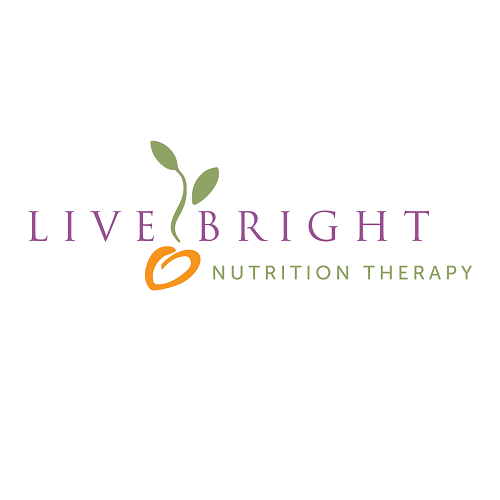
Electrolytes – The Missing Link in Hydration
Do you drink your 64 ounces of water every day but still feel dehydrated?
Many of my clients comment that they’re drinking over 100 ounces of water, but they still don’t feel hydrated. Should they drink even more water?
The signs of mild dehydration can be subtle. But when your cells are dehydrated, you may notice that:
- You still feel thirsty.
- Your skin is dry.
- You feel lethargic.
- You have a headache.
- You have trouble concentrating.
- You feel dizzy or light-headed.
But if you’re drinking enough water, why would you still be dehydrated?
The basics of hydration
Being well-hydrated is crucial to your health. All of the cells in your body require enough water to do their jobs properly. Water is vital for digestion, circulation, temperature regulation, joint health, skin health and the health of all our organs.
How much water should you drink every day?
The rule of thumb for water is to drink half of your body weight in ounces. That means if you weigh 150 pounds, you should aim to drink 75 ounces of water. This can be in the form of water, herbal tea or some seltzer.
You should increase your intake when:
- You’re sweating – during exercise, in hot weather, when in a sauna
- You’re sick with a fever
- You’re experiencing diarrhea
- Your urine is dark yellow or brown
Other contributors to dehydration include:
- Excess caffeine or alcohol intake
- Chronic stress
- High blood sugar levels
- Mouth breathing
Do you need less water when it’s cold outside?
No! Indoor heat typically dries out indoor air, causing us to lose more water through our skin and breath. Winter is a prime time for nose bleeds and cracked skin, so it’s wise to increase water intake during these dry conditions.
Other considerations about your water
There are some considerations around the water you drink. Even though deemed safe to drink, tap water can contain chemicals, traces of pharmaceuticals and other substances that aren’t exactly the healthiest for us. Drinking filtered water should be a priority.
In addition, plastic water bottles contain microplastics that are endocrine disruptors. These leach into the water and into your body. Drink your water from glass or stainless-steel bottles.
So…..
Why are you still dehydrated if you’re drinking enough water?
Electrolytes – the missing link
When you still have subtle signs of being dehydrated even when you’re drinking enough water, it’s likely that you’re not getting enough electrolytes.
Electrolytes are essential minerals that carry an electric charge and play a crucial role in hydration. These include:
- Sodium
- Potassium
- Calcium
- Magnesium
- Chloride
- Phosphate
These electrolytes work together to ensure proper hydration, maintain cell function, support nerve impulses, and regulate various physiological processes.
They help regulate fluid balance between the outside and the inside of cells. When we have adequate electrolytes, water is drawn into the cells. When electrolytes are depleted inside our cells, water isn’t drawn into the cells. Instead, the water we drink is flushed through the kidneys, taking more of our electrolytes with it.
How to get enough electrolytes
Lucky for us, these electrolyte minerals are found in many healthy foods.
- Sodium and chloride are found in salt and foods prepared with salt such as pickles and olives.
- Excellent sources of potassium are bananas, oranges, potatoes with skin, sweet potatoes, spinach, tomatoes and beans.
- Calcium is found in leafy green vegetables like broccoli, collards and kale. It is also found in dairy products, tofu and fortified foods.
- Magnesium is found in nuts, seeds, whole grains, leafy green vegetables, legumes and fish.
- Phosphate is found in dairy products, meat, poultry, fish, nuts and seeds.
Eating a healthy whole-foods diet such as the Mediterranean Diet will supply most of your electrolyte needs. You can also routinely add extra electrolytes (and flavor!) to your water.
- A pinch of Himalayan sea salt adds sodium, potassium and magnesium.
- Lemon juice is rich in potassium and Vitamin C.
- Coconut water contains potassium, magnesium, sodium and calcium.
- Cucumber contains potassium, sodium and magnesium.
- Grated ginger adds potassium and magnesium.
When additional electrolyte support is needed, you can purchase an electrolyte powder. Make sure that the product you choose is free of added sugar, artificial colors or artificial sweeteners.
Making sure your electrolyte intake is adequate is essential for keeping your body hydrated. Eating electrolyte-rich foods and beverages, such as fruits, vegetables, and balanced meals, ensures that cells receive the necessary minerals to maintain proper fluid balance.

